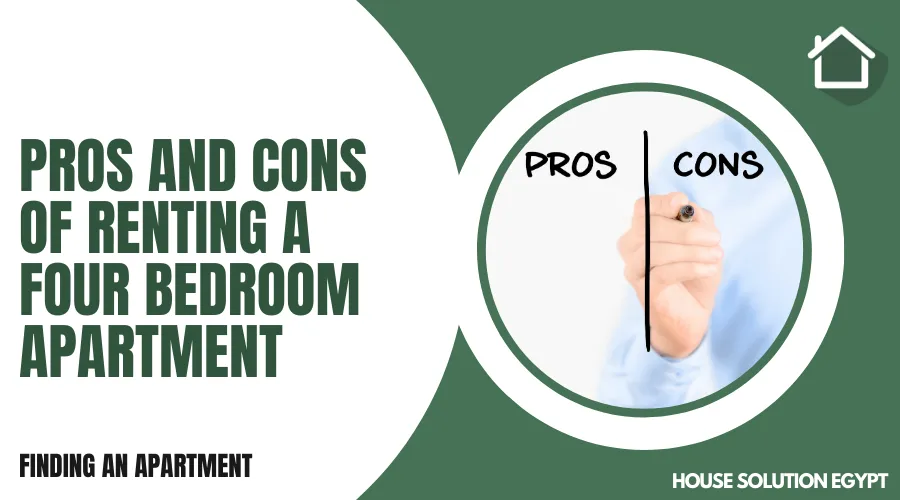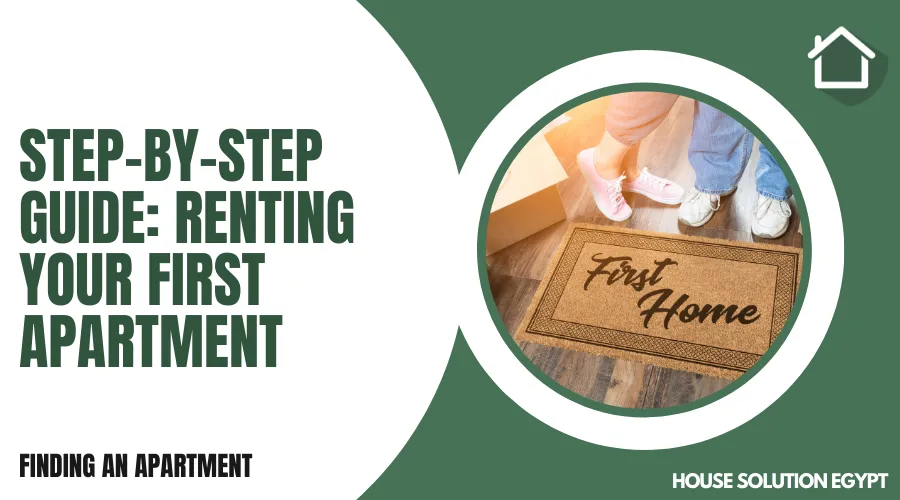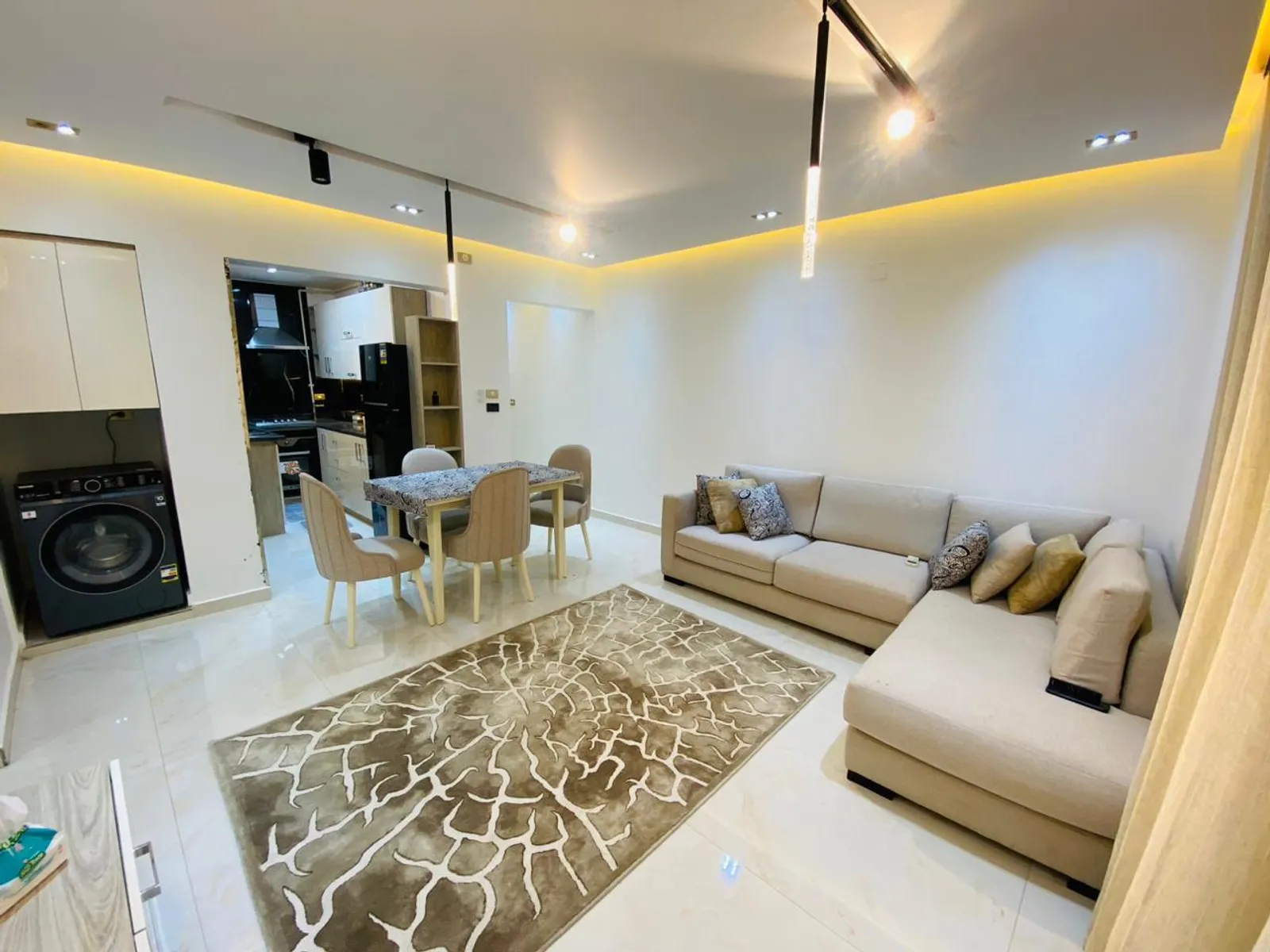TEN TIPS TO AVOID COSTLY MISTAKES IF YOU ARE A FIRST TIME APARTMENT RENTER
Finding an Apartment|9.2 MIN READ|Updated on: 22 September 2025|Written by: Marwa Samir
Tip #1: Research Laws & Regulations
One of the most crucial things that first-time apartment renters should do is to research laws and regulations pertaining to renting in their state, county, or city. In doing so, you'll be better equipped to protect yourself against fraud and other potential problems that may arise.
For instance, different countries have varying tenant-landlord laws that regulate security deposits and their refund timelines. Some countries may require landlords to return the security deposit within a specific period after move-out while others give them more time. Knowing these laws will help you know your rights as a tenant if your landlord fails to follow the law.
Moreover, researching local rent control ordinances can also aid you in determining whether your landlord is charging fair rental rates for similar units within the same locality. This information can be helpful when negotiating with your landlord for a lease renewal or during lease termination talks.
Tip #2: Plan Ahead
One of the most important things that any first-time apartment renter should do is to plan ahead. This means that you need to have a clear understanding of what you want and need in an apartment, as well as how much you can afford to spend on rent each month. It's a good idea to create a list of must-haves and nice-to-haves for your new apartment, so you can easily compare different options and make an informed decision.
In addition, planning ahead also involves researching different neighborhoods and apartment complexes before making a final decision. This will help you get a sense of the area's safety, accessibility to public transportation or major highways, proximity to grocery stores and other amenities, as well as the overall vibe of the community.
It's crucial that you start your search early enough so that you don't feel pressured into signing a lease too quickly just because time is running out. Give yourself at least two months before your current lease ends in order to find an apartment that meets all your needs without breaking the bank. By planning ahead, you'll be able to avoid costly mistakes that can come with rushing into renting an apartment without proper research or consideration.
Tip #3: Make A Budget Plan
Making a budget plan is crucial when renting an apartment for the first time. It helps you to know how much money you can afford to spend on rent, utilities, and other expenses. Start by listing all your monthly income sources and expenses, including rent, food, transportation, entertainment, and savings.
After that, allocate a realistic amount of money for each expense category based on your income level. To avoid costly mistakes, ensure that your total expenses are less than or equal to your total income. You may also consider using budgeting apps or spreadsheets to track your spending habits and monitor progress towards achieving financial goals.
Lastly, stick to the budget plan as much as possible but be flexible enough to accommodate unexpected expenses without derailing the entire plan. Remember that making a budget plan is not only essential for first-time renters but also useful in managing finances regardless of where you live.
Tip #4: Be Aware of Fees
When renting your first apartment, it's essential to be aware of the fees that may come with it. Some landlords charge application fees, which can add up if you're applying to multiple apartments. Make sure to ask about any application fees before submitting an application.
Additionally, many landlords require a security deposit and sometimes a pet deposit if applicable. This is money that you'll need upfront and should budget for accordingly.
Lastly, make sure to read the lease carefully and understand any additional fees that may be included such as late payment fees or maintenance charges. Being aware of these potential costs will help you budget appropriately and avoid unexpected expenses down the road.
Tip #5: Read the Lease Carefully
When renting an apartment for the first time, it's crucial to read the lease carefully. This is because a lease agreement is a legal document that outlines the terms and conditions of your tenancy. Before signing on the dotted line, take some time to read through every clause in detail.
One of the most important things to look out for when reading your lease is any potential fees or charges that you may be responsible for during your tenancy. These could include late payment fees, move-in/out fees, or pet fees. It's also important to understand any penalties or consequences outlined in the lease if you break any of the terms and conditions.
Another key thing to keep in mind when reviewing your lease agreement is what happens at the end of your tenancy. Make sure you know how much notice you need to give before moving out, as well as any procedures you need to follow to ensure that you get back as much of your security deposit as possible. By taking care of these details upfront, you can avoid any costly surprises down the line and enjoy a smooth and hassle-free rental experience.
Tip #6: Inspect the Property Thoroughly
When inspecting an apartment, it is important to scrutinize every inch of the unit. Check for any signs of water damage or mold, as this can be a major health hazard and costly repair. Look for cracks or holes in the walls and ceilings, which can indicate poor maintenance or structural issues.
Make sure all appliances are in working order, including the stove, refrigerator, dishwasher, and air conditioning unit. Test all faucets and showerheads to ensure they have adequate water pressure and hot water. Don't forget to check for any pest problems such as cockroaches or mice.
Additionally, take note of any safety features such as smoke detectors and fire extinguishers. Finally, make sure you understand the terms of your lease agreement before signing anything so that you aren't surprised by unexpected fees or clauses down the line. By thoroughly inspecting your potential new home before moving in, you can avoid costly mistakes and start off on the right foot as a first-time apartment renter.
Tip #7: Research Repairs & Upkeep
Before renting your first apartment, it's important to understand the repairs and upkeep responsibilities that come with it. Researching these tasks before signing a lease will help you avoid costly mistakes down the line. Begin by reviewing the lease agreement to determine which repairs are your responsibility versus those of the landlord or property management company.
Once you know what repairs fall under your purview, research how to properly maintain appliances, plumbing fixtures, and other features in your new apartment. For example, learn how frequently air filters should be changed or how to detect leaks in pipes. Being proactive about maintenance can save you money on future repair costs and ensure that you receive your security deposit back when you move out.
You should also familiarize yourself with local regulations regarding rental properties. Some cities require landlords to make certain repairs within a specific timeframe, while others may have restrictions on who can perform electrical or plumbing work in rental units. By doing some research upfront and understanding what is required of both parties involved, you can ensure a successful renting experience without any unexpected costs or surprises along the way.
Tip #8: Know Your Rights
Knowing your rights as a first-time apartment renter is important to avoid costly mistakes. As a tenant, you have the right to live in a safe, habitable unit that meets local health and building codes. You also have the right to privacy, which means your landlord cannot enter your apartment without proper notice.
Additionally, you have the right to request repairs for any damages or issues within your apartment. Your landlord is responsible for keeping your living space in good condition and providing necessary maintenance.
It's important to read through your lease agreement thoroughly before signing it and ask any questions about clauses or terms that may seem unclear. Knowing your rights can help ensure a positive renting experience while avoiding financial pitfalls.
Tip #9: Inspect The Building
Inspecting the building where you plan to rent your first apartment is essential. Before signing any paperwork or handing over a deposit, make sure that the building is up to code and in good condition. Check for any structural damage, water leaks, mold growth, or other issues that could be hazardous to your health.
Take note of the amenities offered by the building such as laundry facilities, parking options, security systems and maintenance services. Ensure that all these services are functional as promised by the landlord before making any commitment. Find out if there are any additional charges associated with these services and include them in your budget.
Ask around about the building's reputation within its community. Speak with current residents to get their opinion on living there; this will give you an idea of what it's really like to live in the area before committing yourself long-term. With these tips in mind when inspecting a new apartment rental property for lease, you can avoid costly mistakes down the road while ensuring a pleasant living experience from day one.
Tip #10: Ask Questions
As a first-time apartment renter, you might be overwhelmed with the process of finding and securing your new place. While there are plenty of resources available online to help guide you through the process, one simple yet effective tip is to ask questions. Don't be afraid to reach out to your potential landlord or property manager with any concerns or inquiries you may have.
Some important questions that could save you from costly mistakes include asking about hidden fees such as parking permits, utility bills, or maintenance fees that may not be immediately apparent in the lease agreement. Additionally, asking about move-in procedures such as elevator reservations or security deposits can help ensure a smooth transition into your new home. Remember that it's always better to clarify any uncertainties before signing on the dotted line.
By asking questions and clarifying expectations early on in your renting journey, you can avoid costly mistakes and enjoy a stress-free experience in your new apartment.
Conclusion
In conclusion, renting an apartment for the first time can be an exciting experience. However, it is important to take note of the potential pitfalls that come with it to avoid making costly mistakes. By keeping a few key tips in mind, you can navigate the process with ease and confidence.
To start, always read and understand your lease agreement before signing anything. This will ensure that you are aware of any restrictions or fees associated with your tenancy. Additionally, make sure to document any pre-existing damages or issues in writing before moving in to avoid being held responsible for them later on.
Another helpful tip is to create a budget and stick to it. Renting an apartment involves more than just paying rent - there are also utilities, groceries, and other expenses that should be taken into consideration. By planning ahead and knowing what you can afford, you can avoid financial strain down the line.
Overall, renting your first apartment doesn't have to be overwhelming or stressful if you approach it with preparedness and caution. With these tips in mind, you'll be well-equipped to find your perfect home without breaking the bank or encountering unexpected challenges along the way.






